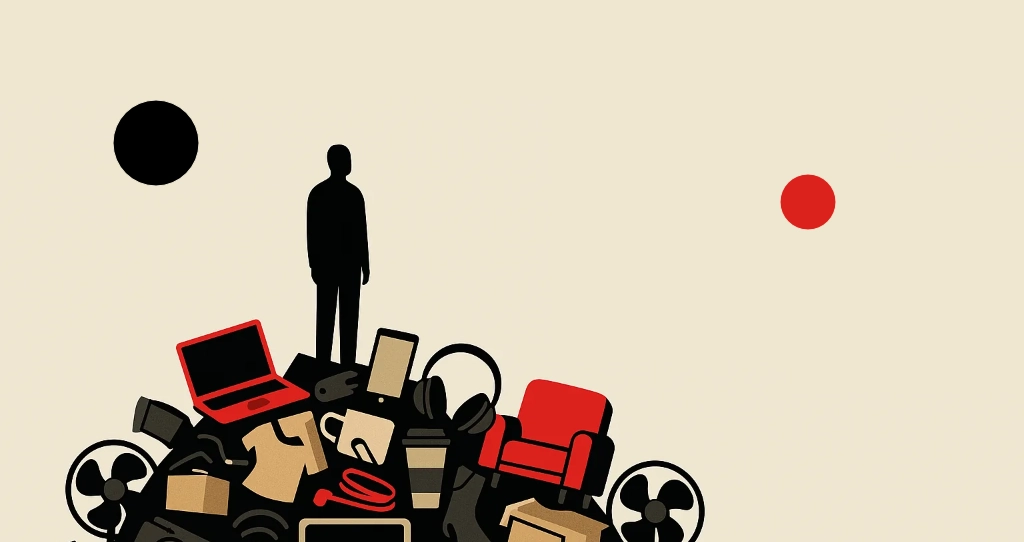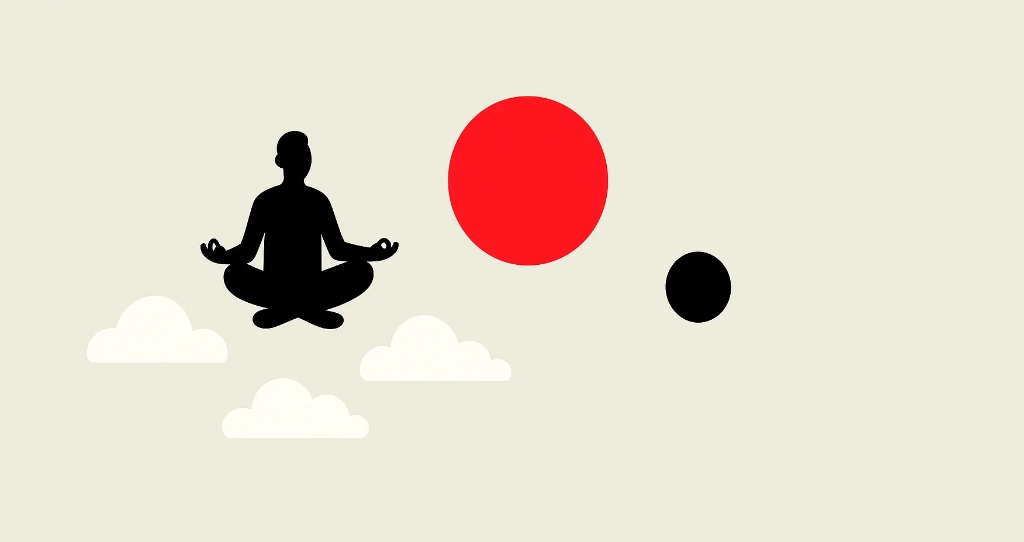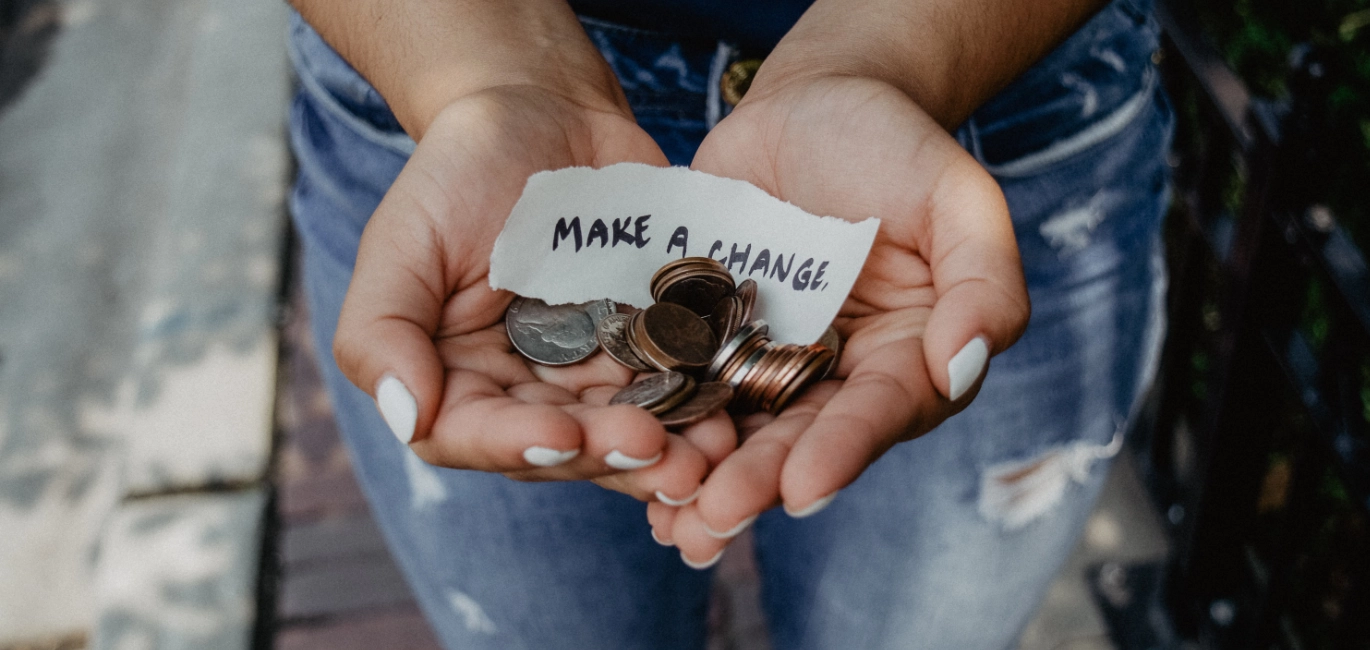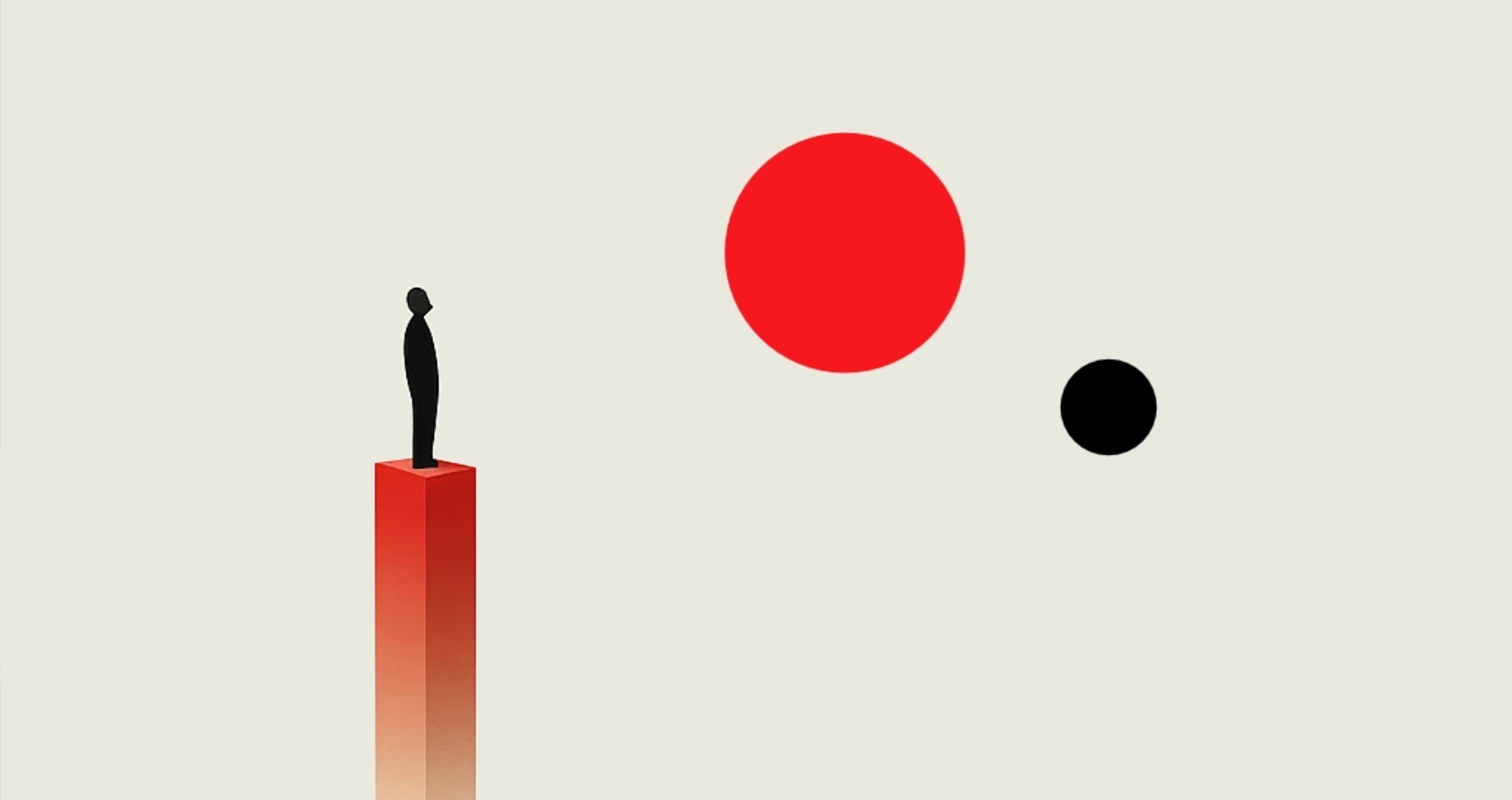The meaning and background of minimalism
Minimalism has experienced a comeback in popularity, thanks to influential figures like The Minimalists Joshua Fields Millburn, Ryan Nicodemus and Marie Kondo. But there were plenty who embraced a minimalism lifestyle long before it became a trend. Take a moment to reflect on Steve Jobs’ wardrobe, ever noticed how many outfits he showed up in?
The idea of simplicity has been circulating since long before any of us, or even our grandmothers, were around. Back in the 1800s, you had Ralph Waldo Emerson and Henry David Thoreau setting the stage with their simple living for what we now call minimalism. What’s truly intriguing is that our pursuit of meaning, detached from the lure of material possessions, has always been a quest. Sure, we’ve adapted the concept to fit our modern lives, but the essence remains unchanged.
What is a minimalism lifestyle
Minimalism isn’t about throwing away all your things and living in an empty white cube (unless that’s your thing). It’s about being intentional. It’s about taking a pause before buying something, and asking, do I really need this, or am I chasing a fleeting feeling?
Minimalism reaches beyond physical clutter too. It’s about simplifying your schedule, your habits, even your relationships. It’s choosing clarity over chaos. And in a world that constantly shouts “more!”, that’s a quiet kind of rebellion.
Dictionary
Minimalism is a lifestyle involving a reduction or simplification of one’s material possessions that frees one to lead an existence that is more intentional, purposeful, spiritual, etc.

My own less-is-more experiment
A decade ago, in my quest for a more meaningful existence, I stumbled upon the minimalism lifestyle. If I’m being honest, I used to be part of that consumer group that sought a quick dopamine hit with my purchases. Not the proudest admission, but there it is. Fortunately, awareness gradually crept in, and being a fan of self-improvement, I actively sought solutions. Minimalism presented itself as a promising concept, one that I was more than willing to embrace in my pursuit of enhancing the quality of my life.
A fresh new perspective on “stuff”
Being someone who likes to fully commit to things, I decided to take minimalism to the extreme to truly understand the experience. This extreme approach involved stashing away most of my furniture (just as an experiment) and living with only the essentials. I meticulously combed through every nook and cranny of my house and office, keeping only the absolute necessities. Around the same time, a friend of mine was diving just as deep into minimalism and took it to another level—he set a rule for himself to own only 100 items in his house, and that was the limit. This count included everything from cutlery and pens to cables and whatnot. I was tempted to follow suit, but creating an inventory of all my possessions felt like a step too far as it needed in my opinion to much time to establish. Nonetheless, I still admire the commitment he showed in pulling it off.
After spending a month working on the floor, it became clear to me that furniture was not just a luxury but a necessity in my life. Trying out the extreme approach allowed me to fully embrace the essence of minimalism and taught me valuable lessons. As I settled back into my office chair behind my desk, I realised that this experience provided me with a fresh perspective on the concept of “stuff” and lead to a significant reduction in my spending on unnecessary items.

Quality versus quantity
Not only have I found greater enjoyment in the possessions I own, but I’ve also cultivated a newfound appreciation for beautiful, timeless, and well-designed products. I’m excited to share these top-notch products with you in my collection, items that I often own and that I believe will maintain their allure just as strongly in a decade as they do today. Minimalism prompts you to look at your consumer choices more closely, and makes you prioritise enduring value. Admittedly, when it comes to technology, the concept of “long-term” doesn’t always apply seamlessly. However, there’s a testament to durability in my Thunderbolt Mac screen, purchased back in 2012, still flawlessly performing and looking as sharp as ever.
Minimalism saves money too
It might sound counterintuitive at first, spending more upfront on fewer, better things, but long term? You’ll probably spend less. You’re not constantly replacing flimsy stuff that breaks after a few months, and you’re not filling your space (and your head) with things you don’t actually need.
Being more intentional with my purchases has had a noticeable impact on my bank account. I buy less, I appreciate more, and the money I don’t spend now gets to sit in savings where it can actually do something meaningful.
The 3-month rule that changed everything
Here’s a little rule I made for myself, and it’s been a game-changer: if I see something I want, I add it to a list and wait three months. If I’m still thinking about it after all that time, I buy it. If not? It clearly wasn’t that important.
This simple rule helps curb impulse buying, ensuring that what I bring into my life are things I genuinely love. Simple and effective.

Conclusion
If there’s one thing I’ve learned from all of this, it’s that less really does lead to more, more calm, more clarity, and yes, more happiness. You become more mindful, more selective, and more grateful. You stop chasing the next “fix” and start appreciating what’s already there.
Minimalism isn’t about depriving yourself. It’s about choosing wisely, living intentionally, and clearing space, for better things, better thoughts, and better living. You don’t have to go full monk mode to start. Just begin where you are, and see how it feels to own less and live more.
Trust me, your future self will thank you.
